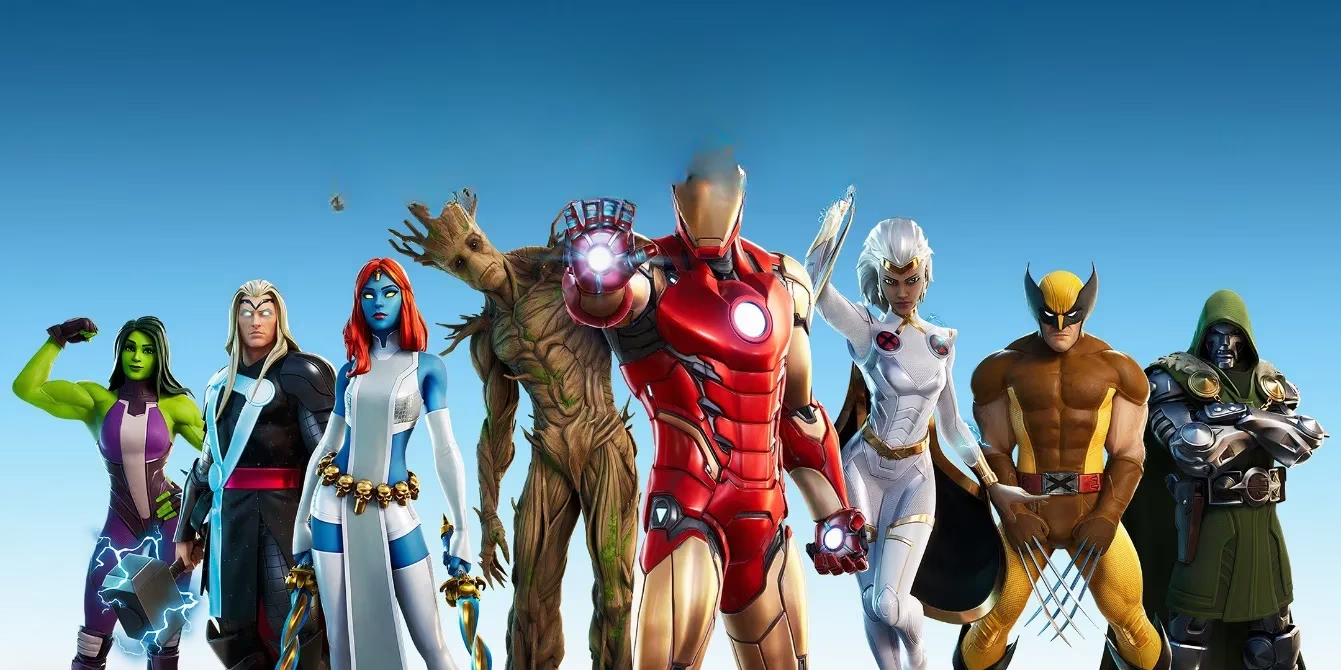Epic Games Fortnite $126 Million Settlement Refund Guide
Epic Games' $126 million Fortnite refund settlement highlights a major legal victory, emphasizing transparency and player protection in gaming.
I've been keeping a close eye on the latest developments in the gaming world, and this week, it's all about Epic Games forking over a massive $126 million in refunds to Fortnite players as part of a settlement agreement. As someone who's navigated the ups and downs of Fortnite's universe, I can tell you that this isn't just pocket change—it's the result of a long-standing legal battle with the Federal Trade Commission (FTC). Back in 2022, Epic was sued for allegedly tricking users into unwanted charges and violating children's privacy laws, leading to this hefty payout now in 2025. The FTC started sending out payments recently, with nearly 970,000 checks and PayPal transfers going out to eligible players, and I'm here to break down what it all means. Fortnite, that ever-popular battle royale giant, has been dodging lawsuits like it's dodging bullets in-game, with this being the largest video game refund in FTC history. It's a wild ride, and for many players, this could be their chance to cash in on some unexpected funds.

Background of the Lawsuit
As I recall, the whole saga kicked off when the FTC accused Epic Games of two major slip-ups. First, they claimed Epic knowingly used deceptive practices to trick players into making unwanted purchases—imagine kids racking up charges on credit cards without parents realizing it. Second, there were violations of the Children's Online Privacy Protection Act (COPPA), which is a big no-no for any game targeting younger audiences. This isn't Fortnite's first rodeo in court; it's been the subject of multiple lawsuits over the years, largely because of its addictive microtransactions and how it hooks players. For instance, in 2024, Epic had to pay a $275 million fine for the COPPA mess, and now this second part of the settlement is addressing the deceptive charges. With the total refund pot at $245 million, this current $126 million wave is just the start, and Epic's legal battles seem like they're here to stay. The game itself feels like it's constantly on trial, with past lawsuits over dance moves and real-life trends adding to the drama. It's almost as if Fortnite has a permanent seat in the courtroom, always defending its digital turf.
Details of the Refund
This refund is huge—$126 million being distributed right now, with the FTC reopening claims to make sure as many players as possible get their share. As I write this in 2025, the agency began sending payments yesterday and will continue today, following an initial $22 million payout in December 2024. Players eligible for a cut must have filed a valid claim, and it's all tied to incidents between 2017 and 2022. Here's a quick overview of who qualifies based on FTC guidelines:
| Eligibility Criteria | Time Period | Description |
|---|---|---|
| Unwanted in-game charges | Jan 2017 - Sep 2022 | Charged for items you didn't want |
| Child's unauthorized charges | Jan 2017 - Nov 2018 | Kids made charges without your knowledge |
| Account lock after complaint | Jan 2017 - Sep 2022 | Account locked after disputing charges with credit card company |
This settlement is the FTC's biggest ever in gaming history, and for Epic, it's a stark reminder of how costly missteps can be. Fortnite, with its endless stream of updates and events, often feels like a cash cow, but this payout shows it's not immune to consequences.
How to Claim Your Share
If you think you're owed a piece of this pie, the process is straightforward. I've walked through it myself to guide you. First, head to the FTC's website and fill out a refund claim—players have until July 9, 2025, to submit, as the deadline was extended. If you already filed after February 14, you're good to go. During the claim, you'll choose between a check or PayPal payment. Just remember: 💸 Checks must be cashed or deposited within 90 days, and PayPal payments need to be accepted within 30 days. Here's a step-by-step list to make it crystal clear:
-
Visit the FTC website: Access the claims portal online.
-
Provide required info: You'll need your claim number or Epic Account ID—parents must apply for minors.
-
Select payment method: Pick check or PayPal.
-
Submit before deadline: Don't miss the July 9 cutoff!
Importantly, this won't affect your Fortnite account or purchased items, so no worries about losing skins or progress. It's a win-win for players who were wronged.

Broader Implications and 'People Also Ask'
Beyond the refund, this situation shines a light on Fortnite's ongoing legal tangles. As I see it, Epic Games isn't just on the defensive; they've also accused others, like in their feud with Apple over iOS access. It's like the game is a magnet for controversy, with every update potentially sparking new disputes. For the industry, this sets a precedent—microtransactions and kids' privacy are under the microscope now. ⚖️
In talking with fellow players, I've heard a lot of common questions. Here are some 'People Also Ask' queries with quick answers:
- Can I still file a claim if I missed earlier deadlines?
Yes, the FTC reopened claims, so you have until July 9, 2025—but act fast!
- What if my child made charges without me knowing?
Parents can apply on behalf of minors; just provide proof during the claim process.
- Will this refund impact my Fortnite gameplay?
Nope, your account remains untouched—no changes to items or progress.
- Is this the last we'll hear of Fortnite lawsuits?
Given Epic's history, probably not; they're always in some legal scrap.
Fortnite's journey through the courts feels like an endless boss battle, and this payout is a major hit to Epic's finances. Yet, it also empowers players, giving them a voice against unfair practices.
Looking Ahead
As we wrap this up, I can't help but wonder: will this massive refund force game developers to rethink how they handle microtransactions, or is it just a band-aid on a deeper issue? The conversation is far from over, and with Fortnite's popularity, who knows what legal curveballs are next. What do you think—should regulators step in more, or is it up to us players to stay vigilant?
